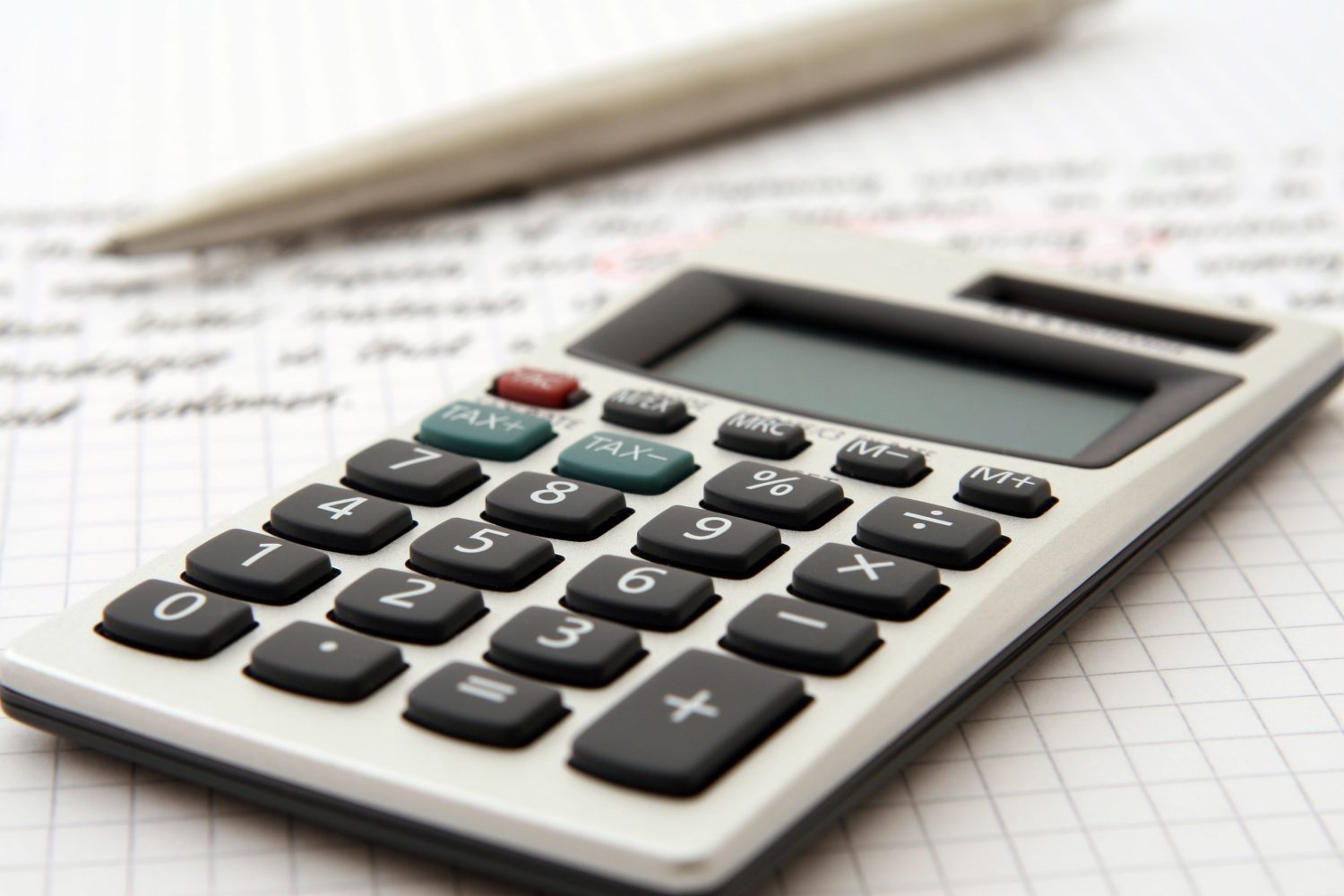 Although it is legal to rent your property below the market value it is not the best idea. Let’s say that you want to rent your property below the market value as a favor to family relative or friend, you might be doing them a favor but at the long run, it will have a negative impact on your investment. As a landlord, you have certain tax benefits but when you rent the property below the market value, you won’t receive those benefits.
Although it is legal to rent your property below the market value it is not the best idea. Let’s say that you want to rent your property below the market value as a favor to family relative or friend, you might be doing them a favor but at the long run, it will have a negative impact on your investment. As a landlord, you have certain tax benefits but when you rent the property below the market value, you won’t receive those benefits.
Tax law limits how much of your rental expense you can claim as a deduction
To deduct the costs associated with a rental property, you first have to determine how the IRS will classify the property. The house may be considered a rental property, a vacation home, or a personal residence.
Personal Residence – A home that is rented for less than 14 days during the taxable year by the owner or owner’s family members. Mortgage interest and real estate taxes may be deducted as itemized deductions
Vacation Home – A property that is rented during the taxable year but it is also used by the owner for more than 14 days or 10% of the number of days during the year in which the property is rented at a fair value. Expenses such as mortgage interest, real estate taxes, etc. are allocated between rental and personal use.
Rental Property – A rental property is a property that is rented out for more than 14 days or 10% of the number of days during the taxable year that the property is rented at a fair value. Expenses including mortgage interest, real estate taxes, homeowner association dues, utilities, and maintenance expenses can be used to offset rental income. If total expenses exceed rental income, the expenses may even generate a net loss.
When you rent a home to a relative, any day rented at less than the fair rental price is considered a personal use day. To avoid having the rental days considered personal days, the property must be rented at fair market rates and be the renter’s principal residence.
If you have a pure rental property, you can deduct all of the related expenses, such as mortgage interest, property taxes, repairs, and maintenance. If you mix rental and personal use, you have to divide the costs. If your property qualifies as primarily rental under IRS rules, you can claim any losses you suffer as a deduction from your non-rental income.
